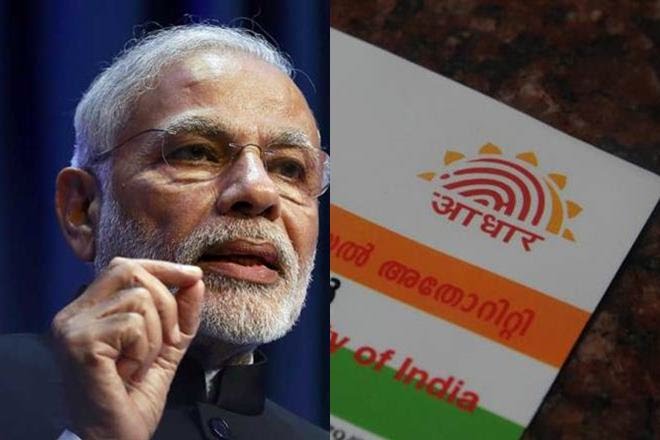Aadhar Card Pros and Cons Analysis
Aadhar Card Pros and Cons Analysis
Aadhar Card Essay, one of the most important topic for any selection process to understand candidate’s familiarity with current affairs. Aadhaar was introduced as an optional 12-digit identification tool for Indian citizens in January 2009. The optional nature of the Aadhaar came up for discussion when the National Identification Authority of India Bill, 2010 was introduced in the Parliament by UPA-II.
Under the Aadhaar Act 2016, UIDAI is responsible for Aadhaar enrolment and authentication, including operation and management of all stages of Aadhaar life cycle, developing the policy, procedure, and system for issuing Aadhaar numbers to individuals and perform authentication and also required to ensure the security of identity information and authentication records of individuals.
The “Aadhaar is not mandatory” status was reaffirmed by the SC in 2016. Therefore, the government’s decision to make Aadhaar mandatory for welfare schemes recently has caused an uproar in opposition and on social media.
As per the amendments to the Finance Bill, 2017, an Aadhaar number is necessary for filing tax returns. So, those who don’t have Aadhaar effectively become “criminals” in the eyes of the law and are left with no choice but to enroll in Unique Identification (UID).
Aadhaar has been appreciated in the public policy sphere as being a game-changer for effective implementation of government schemes. Its most crucial role is that of plugging leakages via targeted public delivery and social support systems.
Pros:
The usage of biometrics is expected to give a unique identity to every individual in India. Wrong/fake beneficiaries have been a major issue with many schemes which benefits public.
A problem in reaching benefits to poor and marginalized residents is that they often lack the identification documents they need to receive Aadhaar provides a platform to directly provide benefits to residents without the heavy costs associated today with benefits distribution.
In several places and all government departments various documentary proof is required, but, the Aadhar will reduce the burden of many identity proofs.
Under the Prime Minister’s ‘Jhan Dhan Yojana,’ Aadhar is used as the main document evidence, to open a ‘bank account.’
The National Institute of Public Finance and Policy published a paper that found that the benefits of the Aadhaar project will surpass the costs. According to the paper, by 2020-21 the total benefit would be Rs. 25,100 crore against the total expenditure of Rs. 4,835 crore.
Cons:
If this Aadhar Card is used for bank transactions or ATM & Debit Cards, it will be easier for the frauds, which live in the society, to misuse them.
Most of the databases will be accessible to the government under the national security clause. That would mean, there is a potential breach of privacy which is a pre-condition for civil liberty.
It is not easy to cover those populations, who live in India, who do not have any identity cards or proofs like SC, ST, and socially backward people, etc.
While Aadhaar is a proof of identity, the mere possession of a physical Aadhaar card is not authentication of the fact that it belongs to the person carrying it. Due to non-implementation of this very crucial provision of the Act, any imposter with a genuine citizen’s name and Aadhaar number can take such a printout and enter high-security areas and there have already been numerous cases of fake and duplicate Aadhar cards.
During Elections, there are possibilities of misusing the votes of illiterate peoples.


 September 23rd, 2021
September 23rd, 2021



As I’m unable to add image to this post, I will try to show you the image in text from…